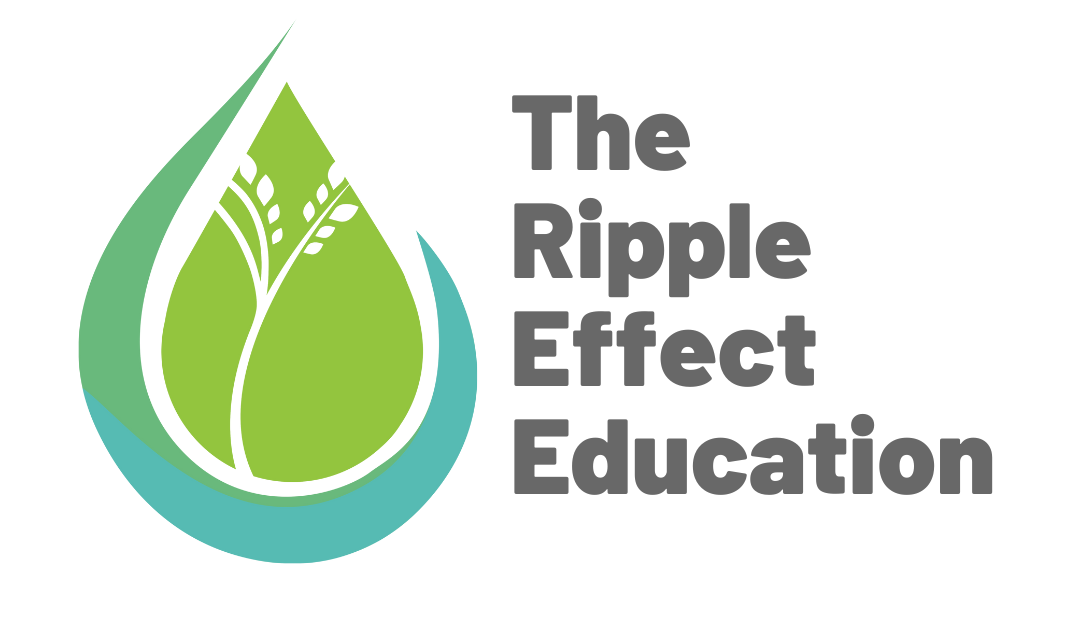Assume you’re talking with a friend. As they speak, your mind is racing with ideas and reactions. This is your inner voice, the constant dialogue that shapes how you receive information, formulate answers, and ultimately interact with the world around you. Far from being a passive observer, your inner voice serves as a powerful filter, impacting everything from the words you use to the way you carry yourself. Understanding how it works is critical for improving communication skills and developing meaningful discourse.
Decoding Inner Chatter: Exploring the Concept
Our inner voice manifests as inner speech, which is a language-based mental process [2]. It can be a single, dominant voice commenting on events, or a vibrant marketplace of our own thoughts and perspectives [3]. Psychologists see it as a mirror of our self-concept, beliefs, and prior experiences. A positive inner voice, full of encouragement and self-compassion, can inspire us to take risks and express ourselves fearlessly (PsychAlive, [4]). A critical inner voice, on the other hand, is full of negativity and doubt, which can cause hesitation, worry, and limit our capacity to connect with people [4].
Philosophers have long grappled with the nature of inner speech and its connection to consciousness and thought itself [2]. Is it simply a byproduct of our cognitive processes, or does it hold deeper significance? Understanding the inner voice opens a window into the complexities of human experience and sheds light on how we navigate the world ([2]).
The Inner Dialogue and Self-Discovery: A Journey Within
The inner voice is an important part of how we connect with ourselves. We digest events, make decisions, and gain a better understanding of ourselves through this constant self-talk [3].
Assume you’re presented with a difficult task. Your inner voice may provide encouragement (“You’ve got this!”) or raise concerns (“What if you fail?”). Recognizing these mental patterns is the first step toward regulating them. By practicing self-compassion and reframing negative self-talk, we can use our inner voice to steer us toward personal growth and achievement.
The inner voice also promotes self-reflection and introspection. It causes us to question our ideas and actions, leading to a more in-depth analysis of our reasons and ideals. Consider a case in which you reacted rashly in a conversation. Your inner voice may inspire you to consider why you reacted in that way, allowing you to identify areas for development and establish more successful communication tactics.
Beyond the Self: The Inner Voice and Interpersonal Communication
The inner voice has a far-reaching influence beyond our own thinking. It impacts how we engage with others, influencing everything from the language we use to how we present ourselves.
- The Body Talks: Our inner voice has a subtle influence on our body language. A confident inner voice may appear as comfortable posture and open movements, whereas a self-conscious inner voice may manifest as fidgeting or crossed arms, conveying unintentional messages to the listener [4].
- The Power of Words: The inner voice might influence our word choices and tone of speech. Imagine you’re giving a presentation. A worried inner voice can cause hasty speech and filler words, whereas a calm and controlled inner voice allows for precise and succinct communication, resulting in a more responsive audience [4].
Example: Sarah feels hesitant to present her views at a group project meeting. Her inner voice, full of self-doubt, whispers comments that prohibit her from contributing (“My ideas are probably not good enough.”) This not only impedes Sarah’s participation, but also deprives the group of potentially useful information. Michael, another team member, has a positive inner voice (“I have something to offer.”) He feels comfortable sharing his thoughts, resulting in a more fruitful and collaborative debate.
The Inner Voice: Friend or Foe in Effective Communication?
The inner voice can be a valuable instrument for improving communication, or a barrier to it. A positive and supportive inner voice promotes open communication, allowing us to express ourselves authentically and gain trust from others. In contrast, a negative inner voice filled with fear and self-criticism can lead to misinterpretation and impede effective discourse.
Challenges of the Inner Voice:
- Premature Conclusions: Our inner voice might be impatient, leaping to conclusions based on incomplete information or first impressions. We could miss the speaker’s entire message and misinterpret their intent, resulting in misunderstandings and avoidable conflict [4].
- Confirmation Bias: Our current views and biases can impact our inner voice. We may focus on information that confirms our previous views while ignoring details that contradict them, resulting in an incomplete grasp of the speaker’s message [4].
- Distraction by Internal Chatter: A bustling inner voice full of fears, judgments, and anxieties might make it difficult to concentrate on the speaker. We can overlook essential facts or lose track of the conversation entirely. This can be especially problematic in complex discussions or negotiations [4].
- Emotional Reactions: The inner voice might cause emotional responses that impair our judgment. A critical inner voice may make us defensive, whereas an anxious inner voice may cause us to take neutral comments as criticism. Consider seeking input from a colleague. A protective inner voice (“Here we go again, they’re going to criticize everything”) may cause you to shut down and miss crucial opportunities for progress [4].
Cultivating Clarity: Strategies for Harnessing the Inner Voice
Recognizing these limitations allows us to become better listeners and communicators. Here are some techniques for leveraging the power of your inner voice:
- Practice Active Listening: Techniques like summarizing and paraphrasing the speaker’s message can help you stay focused and understand [4].
- Challenge Negative Thought Patterns: Recognize and address negative self-talk. Consider whether your inner voice is helping or harming.
- Cultivate Self-Compassion: Treat yourself with care and understanding, just like you would a friend.
- Mindfulness Practices: Meditation, for example, can help you silence your inner chatter and focus more effectively [4].
Conclusion
Understanding and managing our inner voice allows us to shift from passive communicators to active participants in communication. We can strengthen our relationships, negotiate conflict more effectively, and create a space for authentic connection and understanding. Remember that the inner voice is not an adversary to be hushed, but rather a powerful weapon that can be used to improve communication and lead a happier life.
References
- [2] Inner Speech – Stanford Encyclopedia of Philosophy https://plato.stanford.edu/entries/inner-speech/
- [3] Intrapersonal communication – Wikipedia https://en.wikipedia.org/wiki/Intrapersonal_communication
- [4] The Critical Inner Voice Explained – PsychAlive https://www.linkedin.com/pulse/how-embrace-inner-voice-limits-you-darla-beam

Nuhu Abdulmalik, a Nigerian with a passion for peace education and the transformative power of storytelling and media, pursued his master’s degree in Peace and Conflict Studies at the University of Waterloo in Canada. His expertise extends to virtual exchange facilitation, coaching, and training. Notably, Nuhu has harnessed the medium of radio drama to foster social change and peacebuilding. Nuhu’s creativity, critical thinking, and empathy uniquely position him to contribute innovative solutions to peacebuilding and conflict resolution.
Nuhu’s training in Drama for Social Change from the Radio Netherlands Training Centre adds a dynamic dimension to his expertise. By integrating storytelling and media, Nuhu aims to amplify peacebuilding efforts within the Canadian context. His exploration of peace education through the lens of TREE promises innovative insights and practical applications.
Beyond academia, Nuhu’s commitment extends to volunteering, community support, and being a devoted father to his two children. His journey exemplifies the intersection of education, compassion, and a drive for positive change.








